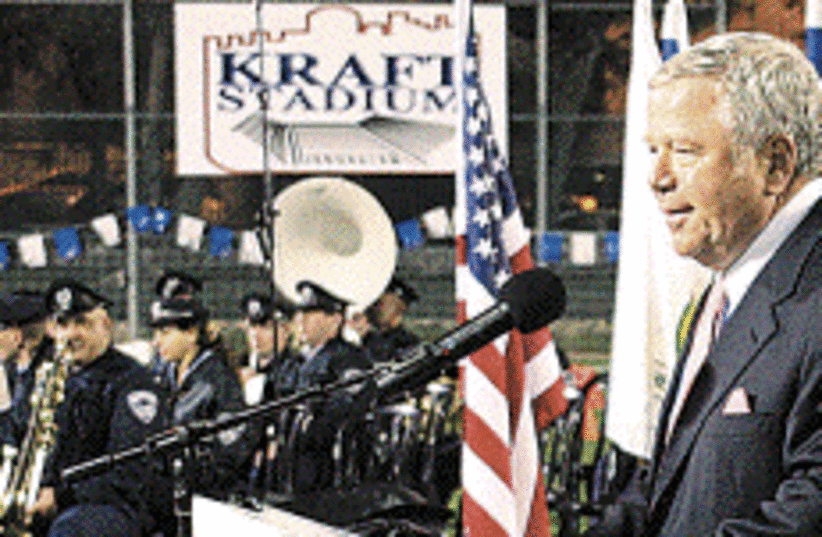| More about: | Robert Kraft, New England Patriots, North America, Beit Shemesh |
Kicking around the pigskin
With over 900 players and a women's national team, the new season of American Football in Israel starts this week.


| More about: | Robert Kraft, New England Patriots, North America, Beit Shemesh |